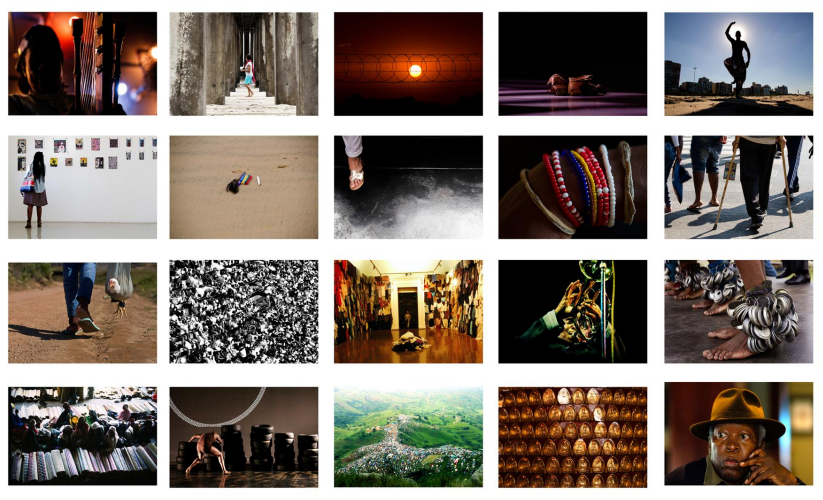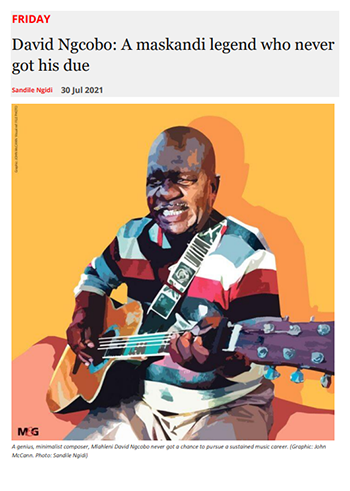
Photos by Hugh Mdlalose
Introduction
The poem, Buzani Kumame asserts the centrality of motherhood and womanhood in the evocation of history from the inside. From the womb. From the world into which women often breathe and breed live against immense odds. Secondly, the poem is a protest song against the tyranny of patriarchy and its varied manifestations such as gender-based violence. The first stanza is a prayer, a cry for some powerful African ancestors to arise and radically transform our troubled land so that it can be just and nurturing to women and girls in South Africa. The second stanza calls for the untying of the bloodied knots and the clearing of the darkened path, towards joyous and redemptive songs. The third stanza is a plea for the mercy of our ancestors, so that they help us rediscover the lost magic of the healing drums and join them in the refreshing ceremonial dances of our rebirth. In the fourth paragraph, humility is positioned as a key pillar, and one is submitting for all the guidance and the ancestral wisdom attainable. The fifth paragraph evokes the image of a grass blade, to indicate that without our submission to the supreme spirits, our predicament will persist. The final paragraph encapsulates the horrors of gender-based violence and concludes the cyclical prayer with a call for the centrality of motherhood in our lives.
Process
The poem was written through several songs that were playing in my mind as I began to write. One of these was sung by my father when he was in a good mood. I use parts of the song in the opening paragraph, with my own re-imagination. The point is that music is central to my poetic imagination. I often hear music before words as dry bones, so to speak.
Finally, I also listened to Nomfundo Xaluva’s Amaxesha Osizi, a humming bird’s lament for our disturbing and saddening times that hurt and dislocate womanhood in South Africa today. The song is a deeply moving elegiac mediation that speaks to our eclipsed dreams without words. Something magical in Xaluva's song takes me back to a happy childhood full of African choral and Western art music, thanks to my teacher parents who were accomplished choir conductors in their prime. So continues my search for the musicality of place and history, their rituals and ways of saying things.
Original POETRY in isiZulu
Ngokuba umlando ungumame… (For History is from the Mother)
Qhashi! Qhashi! Qhashi!
Ngiboniseleni, Ngiboniseleni…
NgaloMaxeke! NgaloNongqawuse!
NgaloNokuthela! NgaloMakeba! Inzalabantu!
Maqandeyana! Sabela bo!
Sahaqwa zinkungu ezingenamkhawulo nje,
Samafindofindo ngabakhunkuli, senzeni bo?
Ngabayi labaphehli bamanzamnyama no?
Sesisemithonjaneni yezimfihlomfihlo zabadala
Simayikayika nje sigubuzelwe zinyama zeminyakanyaka
Sizithinsila phambi kwenu nje, silangazelele inkazimulo
Asiphethe lutho lutheni, simumethe imithemelezo
Siyiqongelela sanyoni yeluka ikhaya lamatshwele ayo
Samame ethulula izinyanda ngezinyanda…akha ugoqo.
Singamathwasa ooncwadi qha, vulindlela!
Ikhotheyikhothayo, engayikhothiyo, iyayinyundela.
Asilutho lutheni siwuthi lomsingizane
Sihamba ze nje, nxa sedelele leyo mithandazo yabasizalayo
Lezo ziyalo zabasiphiphayo baseyanga noma sixathuka sinuka phu.
Ungishayelani! Ngenzeni!
Sikhombiseni isifuba sikamame, sithi cababa emathafeni athokokomeleyo.
Safika ngomame! Sophumul’emkhombeni ongumame! Awe! Awe ma! Ewu! Ewu!
Podcast
Sandile Ngidi in conversation with the pioneering maskanda composer, guitarist and singer, David Mlahleni Ngcobo. The interview reflects on Ngcobo’s life as one of South Africa’s first musicians to record on Radio Zulu (now Ukhozi FM) and his silencing from public radio from the late 80s onwards. The interview was held on 15 May 2021 at the Johannesburg Institute for Advanced Study in Johannesburg. This meeting was to be the last for the two, in July, Ngcobo suddenly died of a Covid-19 related complication.

Sandile Ngidi published 'David Ngcobo: A maskandi legend who never got his due' in the Mail & Guardian, 30 July 2021